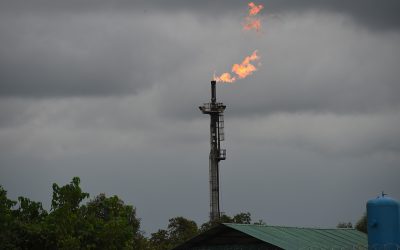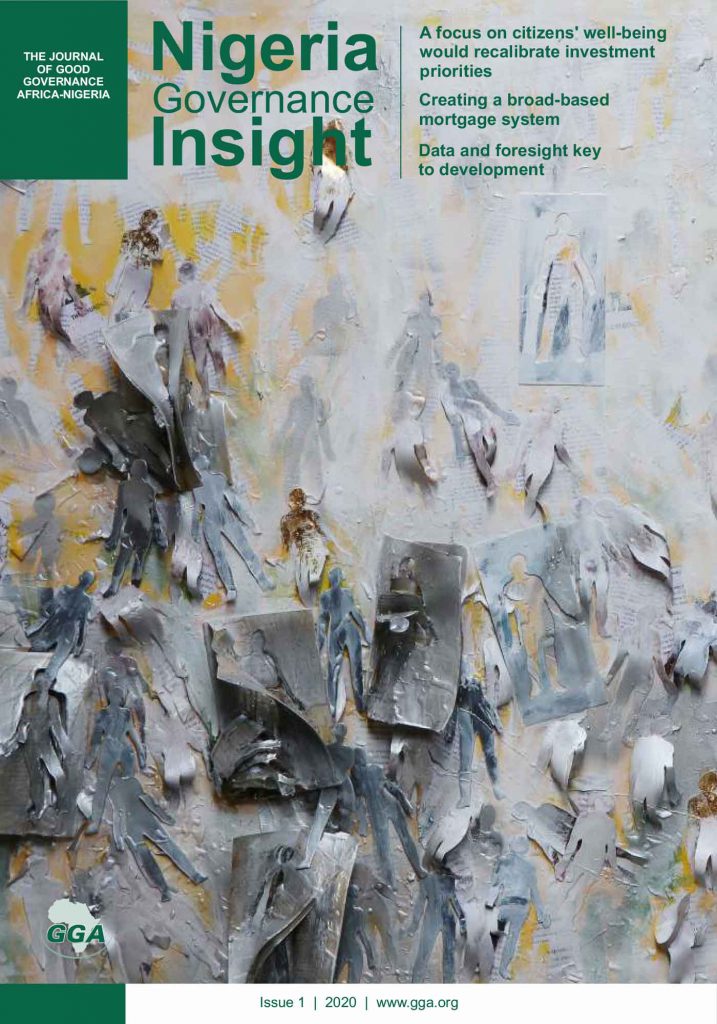
Nigeria
Good Governance Africa - Nigeria (GGA-Nigeria) Aims to contribute to good governance, through research, policy engagement and other activities that help promote sustainable socio-economic development in Africa’s largest economy and most populous country.Three Research Pillars
The GGA-Nigeria research stream is our core activity and is organised around three thematic pillars; each reflects Nigeria’s pressing challenges and impending opportunities:
Programmes
As the pre-eminent centre of excellence working to improve governance in the country, GGA-Nigeria’s activities are organised around three core thematic pillars that reflect Nigeria’s most pressing challenges and opportunities:
Improving the Business Environment (BIZ-ENV PROGRAMME)
This programme covers analysis of “software” issues that currently constrain well-functioning markets and dynamic business sectors in Nigeria. Priority themes include enhanced corporate governance, competitiveness and corporate sustainability and responsibility. The programme aims to lead pioneering research on standardised reporting and transparent accounting, which applies to both government and business.
Programmes
As the pre-eminent centre of excellence working to improve governance in the country, GGA-Nigeria’s activities are organised around three core thematic pillars that reflect Nigeria’s most pressing challenges and opportunities:
Improving the Business Environment (BIZ-ENV PROGRAMME)
This programme covers analysis of “software” issues that currently constrain well-functioning markets and dynamic business sectors in Nigeria. Priority themes include enhanced corporate governance, competitiveness and corporate sustainability and responsibility. The programme aims to lead pioneering research on standardised reporting and transparent accounting, which applies to both government and business.
Programmes
As the pre-eminent centre of excellence working to improve governance in the country, GGA-Nigeria’s activities are organised around three core thematic pillars that reflect Nigeria’s most pressing challenges and opportunities:
Improving the Business Environment (BIZ-ENV PROGRAMME)
This programme covers analysis of “software” issues that currently constrain well-functioning markets and dynamic business sectors in Nigeria. Priority themes include enhanced corporate governance, competitiveness and corporate sustainability and responsibility. The programme aims to lead pioneering research on standardised reporting and transparent accounting, which applies to both government and business.

Extractives, Power and Oil Sector Reform (EXT-REF PROGRAMME)
This programme is concerned with the reform of Nigeria’s extractive industries (oil and gas, and the re-emerging mining sector), which together constitute the primary, sources of government revenue, even though the overall share of extractives has shrunk significantly to just over 10% of Nigeria’s increasingly diversified economy. Key themes of this programme include the reform of taxation and overall fiscal provisions in these sectors that can help Nigeria recalibrate its focus from “Gas-for-Export” to “Gas-to-Power” projects.

Enabling Innovation and Sustainability Drivers (INN-SUS PROGRAMME)
This programme aims to uncover and upscale successful governance innovations by connecting them to sources of technical and financial support. It will work to unearth successful governance experiments and tested local models of sustainable transformation. By helping to “tell the story”, this programme hopes to help turn evidence-led innovations into replicable solutions that can, in time, be applied and scaled-up across all of Nigeria’s 36 states. The programme will pay particular attention to locally inspired accountability frameworks, youth, gender and empowerment, climate innovations, as well as agricultural development and catalysts at all levels of government in Nigeria.
Our publications
Nigeria’s crucial role in navigating the Niger coup crisis
The military takeover in the Niger Republic gravely endangers security and stability in the West Africa and Sahel region. Similarly, the division within the Economic Community of West African States...
Tinubu needs quick wins to soothe his hard-hitting but necessary reforms
When Bola Ahmed Tinubu took over Nigeria’s presidency on May 29 this year, the outlook for the country was broadly dire. He has since asserted himself as the bold reformer many expected him to be...
Missing the forest for the trees in Nigeria’s presidential election
Nigeria’s external partners in democracy promotion, including the European Union (EU), the US and the UK, need a more nuanced reading of developments in the country’s upcoming 25 February polls....
Nigeria’s crucial role in navigating the Niger coup crisis
The military takeover in the Niger Republic gravely endangers security and stability in the West Africa and Sahel region. Similarly, the division within the Economic Community of West African States...
Tinubu needs quick wins to soothe his hard-hitting but necessary reforms
When Bola Ahmed Tinubu took over Nigeria’s presidency on May 29 this year, the outlook for the country was broadly dire. He has since asserted himself as the bold reformer many expected him to be...
Missing the forest for the trees in Nigeria’s presidential election
Nigeria’s external partners in democracy promotion, including the European Union (EU), the US and the UK, need a more nuanced reading of developments in the country’s upcoming 25 February polls....
Understanding the Nigerian petrol industry’s new legal landscape
Looking at the new Nigerian law on social performance in Nigeria’s petroleum industry.
News from the region
Quickly access all the latest news, articles and press releases from our centres operating in Nigeria
Extended misrule in Gabon mirrors wider African retrogression
Following the 26th July 2023 coup d'etat in Niger, the world woke on 30th August to news of another military putsch, this time in Gabon. Resurgent military intervention in politics and worsening...
Nigeria’s next president faces herculean turnaround mission
Whoever wins the presidential race in Nigeria’s imminent elections has his work cut out. For the incoming president, the outlook across board is decidedly much worse than in 2015 when Muhammadu...
Understanding the Nigerian petrol industry’s new legal landscape
Looking at the new Nigerian law on social performance in Nigeria’s petroleum industry.
Extended misrule in Gabon mirrors wider African retrogression
Following the 26th July 2023 coup d'etat in Niger, the world woke on 30th August to news of another military putsch, this time in Gabon. Resurgent military intervention in politics and worsening...
Nigeria’s next president faces herculean turnaround mission
Whoever wins the presidential race in Nigeria’s imminent elections has his work cut out. For the incoming president, the outlook across board is decidedly much worse than in 2015 when Muhammadu...
Understanding the Nigerian petrol industry’s new legal landscape
Looking at the new Nigerian law on social performance in Nigeria’s petroleum industry.
Time Nigeria and Africa hanged tough on South African xenophobia
Many will read with dismay this week's resurgence in xenophobic attacks against Nigerians in South Africa (SA). For me particularly, this latest episode hits home in a personal way. Nigeria may need...
GGA Nigeria
GGA Nigeria
GGA – NIGERIA
GGA-suite (G-12),
Regus, The Waterside,
5, Admiralty Rd, off Admiralty way,
Lekki Phase 1,
Lagos, Nigeria.
Tel: +234 1 4627411-3
Email: info.nigeria@gga.org
READ BETWEEN THE LINES
Sign-up to our newsletter to get the inside track on Africa
Improving the Business Environment (BIZ-ENV PROGRAMME)
This programme focuses on myriad “software” issues, which currently constrain well-functioning markets and dynamic business sectors in Nigeria.
These include business regulations, institutions and other determinants of private-sector growth and shared economic prosperity.
We proffer policy alternatives to help address constraints and unleash Nigeria’s economic potential.
Priority themes include enhanced corporate governance, competitiveness and corporate sustainability and responsibility.
Through pioneering research and policy innovations, we seek to crystallise the reciprocal responsibilities required of government, business and the wider community in driving a change and transformation agenda.
Extractives, Power and Oil Sector Reform (EXT-REF PROGRAMME)
Reform of Nigeria’s oil and gas sector, along with the re-emerging mining sector, provides the focus for this programme. Closely related is Nigeria’s power shortage, which continues to constrain the economy overall. Although the share of extractive rents in aggregate national output fell after the 2013 economic rebasing, oil and gas remain the major source of government revenue.
Being key levers for social and economic transformation, we seek to tease out innovations and governance re-engineering to promote efficiency, plug leakages and drive competition in these “lifeline” sectors. Priority themes for the programme include transparency and restructuring in oil and gas; the actualisation of Nigeria’s “gas-to-power” push to boost equitable electricity access; and inclusive approaches to mineral resources development, with a focus on industrialisation and structural economic transformation.
Enabling Innovation and Sustainability Drivers (INN-SUS PROGRAMME)
This programme aims to analyse, understand and upscale governance innovation. It seeks to systematise knowledge around successful governance experiments and sustainable local transformation models.
In “telling” transformation stories, the programme will help to turn the evidence on innovations into replicable solutions that can be applied and scaled up in relevant contexts across Nigeria’s 36 states.
The programme will pay particular attention to locally inspired accountability frameworks; youth, gender and empowerment ideas; climate innovations, as well as agricultural development and other catalysts at multiple levels of governance in Nigeria.
Where relevant, GGA-Nigeria seeks to play the role of catalyst for governance innovators to link up with higher policy levels and processes, as well as facilitating access to technical and financial support.















